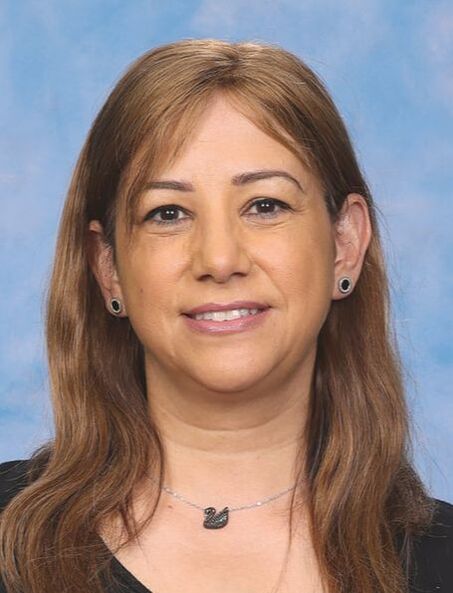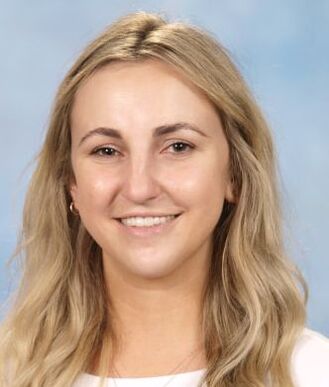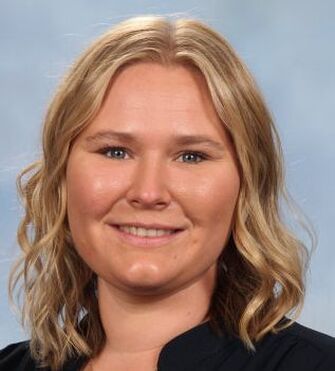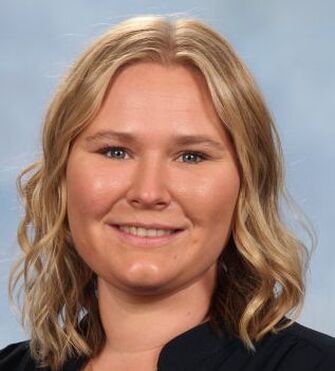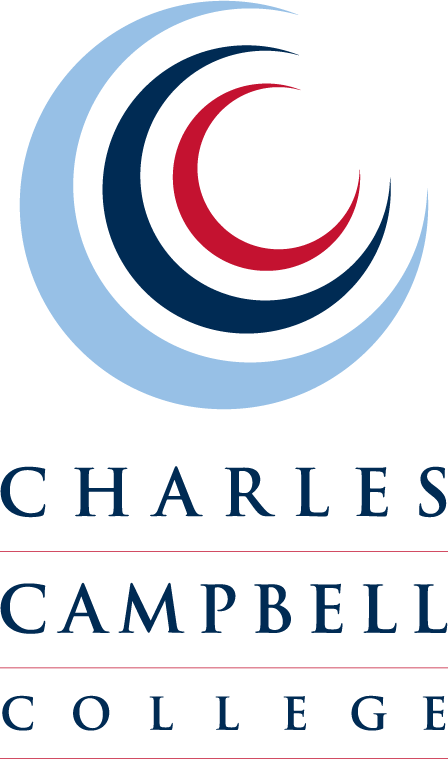Inclusive Education
Key Staff:
We believe that:
Support for students
The College receives some specific funding for students who have additional needs. These funds facilitate a variety of strategies to best meet the needs of students:
Reasonable Adjustments
Reasonable adjustments enable learners with disabilities to participate in education and training on the same basis those without disability. Different types of disability call for alternative teaching, learning and assessment strategies. Even within the same type of disability, individual learners may need different strategies. For example, some learners with low vision may require audio files or text-to-speech technology, whilst others may need large print materials or magnification aids.
Reasonable adjustments may include, but are not limited to:
- All students can learn.
- Every child has a right to a high-quality education.
- Effective teachers provide engaging and rigorous learning experiences for all students.
- A safe, stimulating environment is integral to enabling students to explore and build on their strengths to achieve positive learning outcomes.
- For students with a disability and additional learning needs, reasonable adjustments are made.
Support for students
The College receives some specific funding for students who have additional needs. These funds facilitate a variety of strategies to best meet the needs of students:
- Targeted interventions, including HOOPs4Life, Paw Pause and Seasons for Growth
- Planning strategies and developing plans
- Flexible groupings, including smaller classes for some students
- Oral language interventions
- Social skills programs, such as What's the Buzz and Zones of Regulation
- Literacy and numeracy targeted interventions, such as Read Write Inc. and MultiLit
- Differentiation Coaches or leaders who improve teaching and lead programs
- Purchasing specialised equipment.
Reasonable Adjustments
Reasonable adjustments enable learners with disabilities to participate in education and training on the same basis those without disability. Different types of disability call for alternative teaching, learning and assessment strategies. Even within the same type of disability, individual learners may need different strategies. For example, some learners with low vision may require audio files or text-to-speech technology, whilst others may need large print materials or magnification aids.
Reasonable adjustments may include, but are not limited to:
- Providing learning materials, texts and handouts in an electronic format for greater accessibility.
- Modifying teaching tools/tasks, formats, expectations and timelines
- Adapting the learning environment, furniture and equipment
- Encouraging learners to explore and identify preferred learning styles
- Building learner independence
- Teaching students to use assistive technologies
- Developing learners’ acceptance of, and respect for, people with different needs
- Applying multiple accommodations to meet a single learner’s needs
- Monitoring the adjustments to ensure they meet learner needs.

